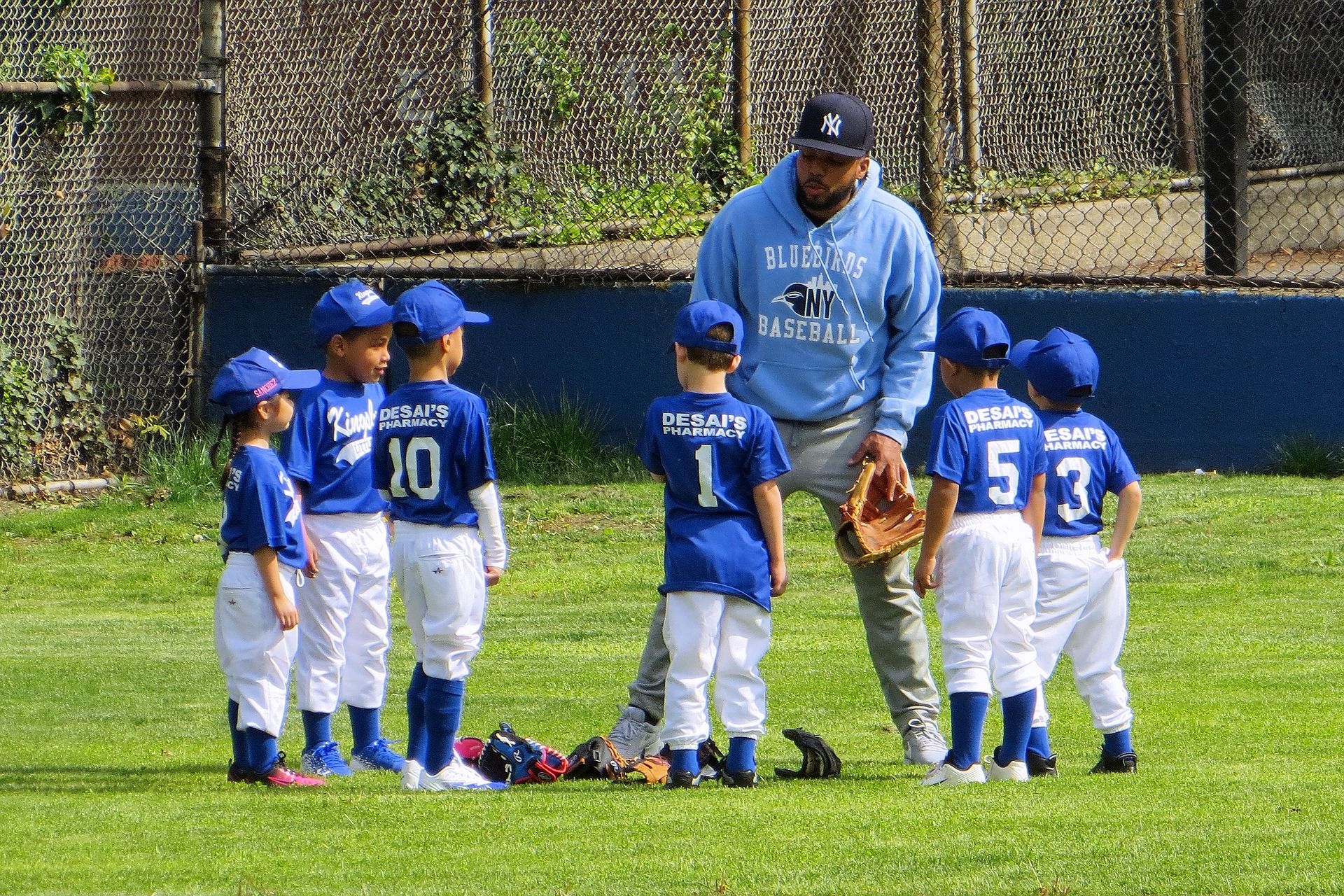
As a coach it is important that we are continuously learning. We expect our athletes to be learners and take in what we coach, so it’s important that we practice what we preach. Here are five great coaching strategies to grow your coaching skills this summer.
Active Time
In youth and kids sports, practices usually only last an hour or 90 minutes at most. That is not a lot of time to have with your team so it is critical to be utilizing every second to help them develop as players. How much time do coaches waste talking too much, setting up drills or running drills which are individual based? The answer… too much! Be organised as a coach, schedule your sessions, set up drills and games before the session starts and write down key questions. Most importantly, run sessions where all athletes are active in drills and games. We see far too many one on one drills where 20 other athletes stand and wait their turn. This is not productive to help them develop their skills efficiently. Get them involved more and make sure all players are active for 75% of your sessions. Try this out and you are guaranteed to see the difference.

Athlete Centred
Athlete Centred coaching is exactly what it sounds like – the core philosophy is to understand and coach to an athlete’s motivation, ambition and capability. The focus of the approach is to provide a platform for effective coaching and help to develop athletes who take responsibility for their own learning, regardless of the coaching community they participate in, or their stage of development. By utilizing an Athlete Centred approach, coaches have the ability to give athletes an increased understanding of the game as well as encouraging creativity in athletes and the team as a whole.

Games Approach
The Games Approach to coaching is highly undervalued in the sporting world. Most sports involve strategic elements to them, and games are a powerful tool to teach strategies and skills to athletes. We often teach a certain skill in isolation, such as passing a pall to teammate back and forth. We do this hundreds of times yet in a match, that particular pass may only occur once, if at all. There certainly is a need for that learning but when coaching, that needs to be quickly transitioned and applied to a game. The focus is on a ‘doing’ approach where athletes experience and learn by trying things in teams for a game-like context. Try this is your practices. See the athletes enjoy the fact that there are scenarios involved in training, and see their improvement in skill and strategic approach dramatically increase.

Communicate to all Types of Learners
Every person in the world learns differently. Some by listening, others by watching and more by doing. Therefore it is important to understand the fact that all your athletes might learn in different ways. This might seem overwhelming but there is a simple process to tick through to ensure all athletes understand. When it comes to a drill or game, firstly explain what it is and what you want from them- for auditory learners. Secondly, demonstrate using yourself or capable athletes- for visual learners. Thirdly, observe your athletes perform the drill or game- for kinaesthetic learners. Lastly and most importantly, bring them in and provide constructive feedback for what they did well and where they can improve. By following this method, you will have athletes who pick up and retain skills faster.

Know your Athletes Off the Field
Knowing your athletes off the field is a very important aspect of coaching. Gone are the days when all that matters are the field and what is inside that. Understanding issues your athletes have, what motivates them, how they are feeling etc, is very important. It allows you to cater for them within your training, not overwhelm them, or it may allow you to push them more as you know they have more to give. Understanding them will make them respect you more as a coach and they will buy into your system with more purpose. It truly is a win-win situation.

So there you have it. Five coaching tips for you to concentrate on this summer. At PlayyOn, we would love your feedback and comments on what you do as a coach or if any of these tips work for you. So please do not hesitate to comment or get in touch with us. Good luck with your coaching, we wish you all the best!
About PlayyON Inc.
PlayyON is a community-driven platform for sports and recreation that empowers athletes, coaches, and organizers to connect, manage, and grow. From registrations and payments to branded profiles and social engagement, PlayyON provides a unified experience for organizing, participating, and thriving in sports and activities.